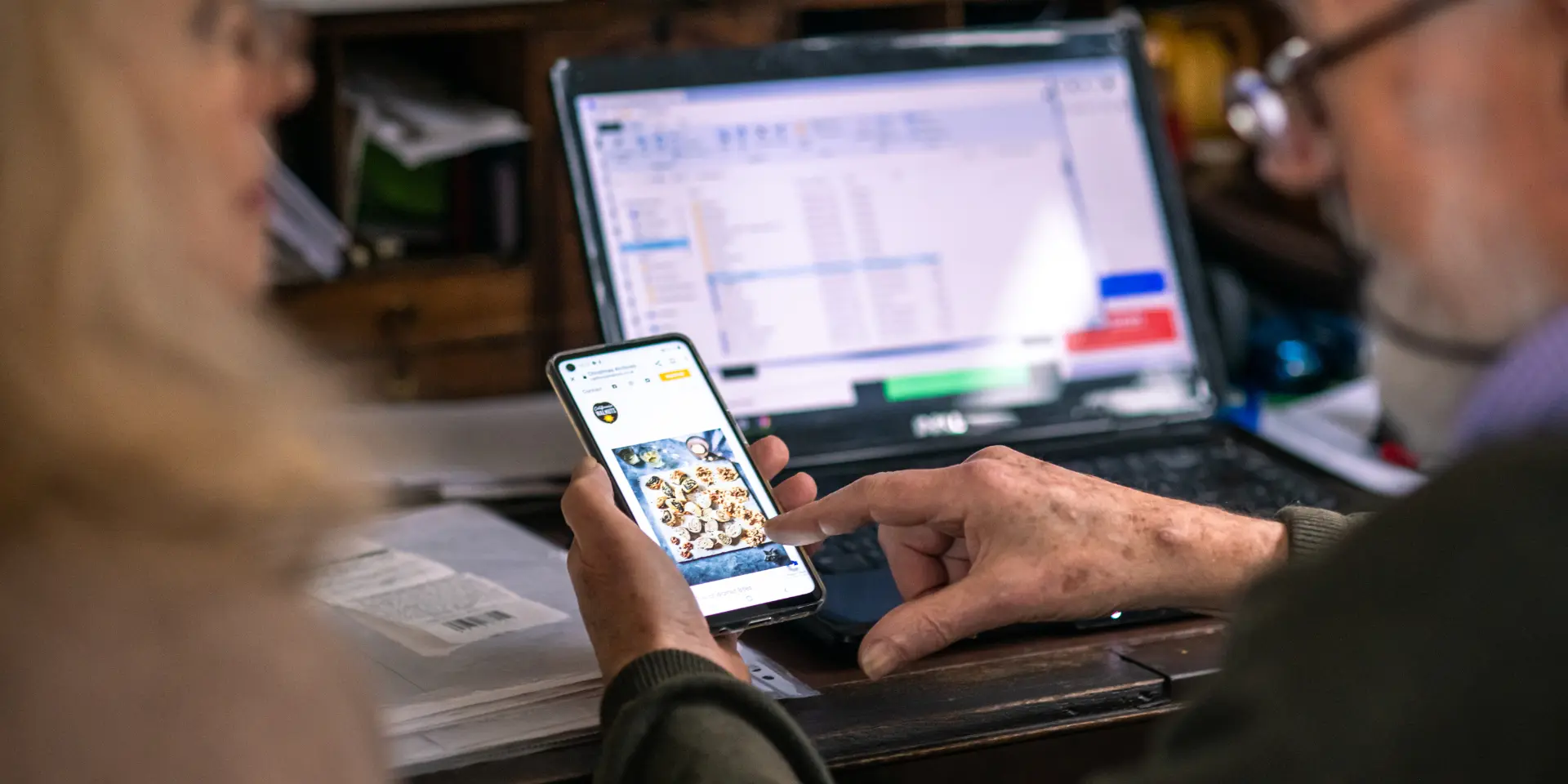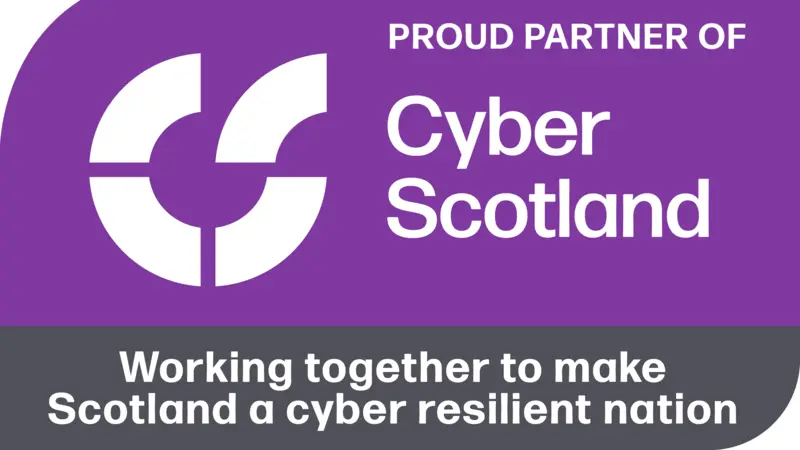Staying Safe Online

Protecting yourself from online crime
The internet can be a fantastic tool. At the touch of a few buttons, it can give us access to information, save us time and money, and connect us to friends and family. But using the internet comes with some risks.
As technology becomes more advanced, criminals are finding more ways to carry out crimes involving computers and other devices that use the internet. This is often called cybercrime.
Many cybercrimes are types of fraud that involve criminals getting hold of personal information or money through dishonest means. This includes scams, hacking, phishing, and credit card fraud. Other types of cybercrime include unauthorised phone tracking, phishing emails, damage to computers, or disruption to an internet connection.
While this can sound frightening, there are many ways to protect ourselves from cybercrime. This includes being up to date with the latest hacking news, feeling empowered to understand the risks, and knowing how to minimise them. Our free Age Scotland Staying Safe Online guide is here to help.

Guide to Staying Safe Online
Top tips on staying safe, what to be aware of, and how to get help.
What are the most common types of scams?
Understanding and dealing with scams
People of all ages get fooled by scams. They are becoming harder to detect as criminals find new ways to make them even more convincing.
Many online scams are carried out through email. Be careful about opening links in emails or attachments sent with emails if you do not know for certain what they are; they may contain a virus or other type of malware. Avoid clicking on links or opening attachments as they could activate the malicious software.
Other scams are carried out through social media. Beware of adverts or offers that look too good to be true; they often are.
Tips to avoid scams
Key actions you can take that will help you get online safely and with confidence.
Protect your passwords
Good password management is vital to protect your information online.
Digital device security
Spending a short amount of time setting up security will protect your digital devices
Using social media safely
Our social media housekeeping advice can help you stay safe online
Don't fall for romance fraud
How to enjoy the benefits of online connection while protecting yourself from harm.
Reporting scams
Age Scotland and CyberScotland
Age Scotland is proud to partner with CyberScotland to ensure older people get all the support that they need. The CyberScotland Partnership (CSP) is a collaboration of key stakeholders, brought together by the Scottish Government’s National Cyber Resilience Unit, to raise cyber security awareness and build cyber resilience across Scotland and drive the delivery of activities that will achieve the outcomes of The Strategic Framework for a Cyber Resilient Scotland.
The CSP supports the vision that Scotland thrives by being a digitally secure and resilient nation. It aims to raise cyber resilience awareness amongst the general public, public, private, and third sectors. It also shares information and tips on how people, businesses, and organisations can stay secure online and understand what to do and how to report any incidents. For more information, go to the cyberscotland.com website.

The 25 CyberScotland Partners are Age Scotland, Business Gateway, Centre for Engineering Education Development (CeeD), College Development Network (CDN), Cyber and Fraud Centre Scotland (CFCS), The Cyber and Fraud Hub, Education Scotland (EdScot), Highlands and Islands Enterprise (HIE), The IASME Consortium (IASME), Institute of Directors Scotland, LEAD Scotland, Local Government Digital Office, National Cyber Security Centre (NCSC), Police Scotland, ScotlandIS, Scottish Council for Voluntary Organisations (SCVO), Scottish Cyber Coordination Centre (SC3), Scottish Enterprise (SE), The Scottish Government, Scottish Sports Association, Scottish Social Services Council (SSSC), Skills Development Scotland (SDS), UK Cyber Security Council, YoungScot, YouthLink Scotland
Got a question?
If you have a question please get in touch with the Age Scotland Helpline team